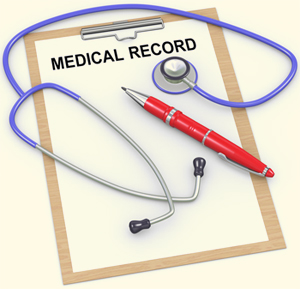Documentation in the medical record is important not only from the viewpoint of appropriate provision of care, but also from that of personal injury litigation. Take the case of patients in a rehabilitation center who require hands on assistance during routine activities such as eating, bathing etc. This fact should be clearly documented and followed so that the patient is never left alone during these activities and is properly supervised. If care providers are negligent and don’t follow the instructions, leading to the patient being injured or dead, they could face a personal injury lawsuit which would involve a detailed medical record review.
Medical records are indispensable in such injury cases. However, they have other roles to play.
- Care provision and coordination: Accurate documentation ensures appropriate provision of care, enhances continuity of care while also helping to coordinate the treatment and evaluation of the patient. It is vital that the medical record entries clearly convey the patient’s diagnosis, and the evaluation of the patient’s status.
- Providing access to enabling sharing of medical information: The medical chart conveys crucial information about the patient. This information is necessary to help other providers care for the patient.
- To show compliance with regulations: The medical record is capable of demonstrating that the facility and its staff are complying with the required standards from state, federal and national organizations.
- To ensure that medical services were provided: A patient’s medical records carry proof of the various medical services that he/she was provided. This is required by government and private insurers. These agencies evaluate whether there is inaccurate information or other discrepancies in the medical record. Clear documentation helps them determine if the claims can be reimbursed.
- Medical record review in medical malpractice cases: Patient healthcare record is the best and concrete way of evaluating the care provided by healthcare professionals. It offers vital evidence in medical malpractice and personal injury cases.
- The records show why a patient was provided the particular medical service
- They reveal the actual care provided and its appropriateness
- They show whether the diagnosis was made at the correct time and whether the care was provided at the right time.




